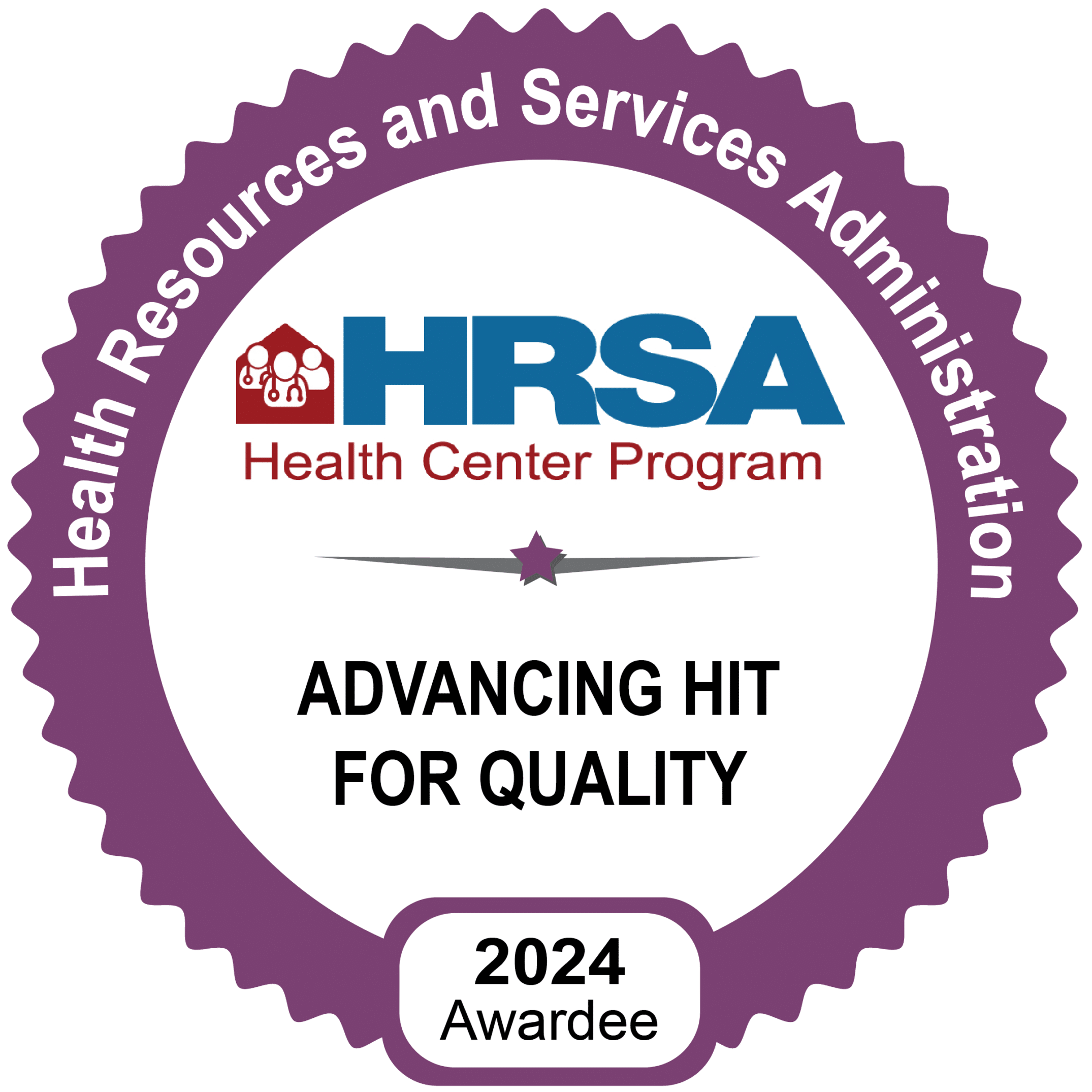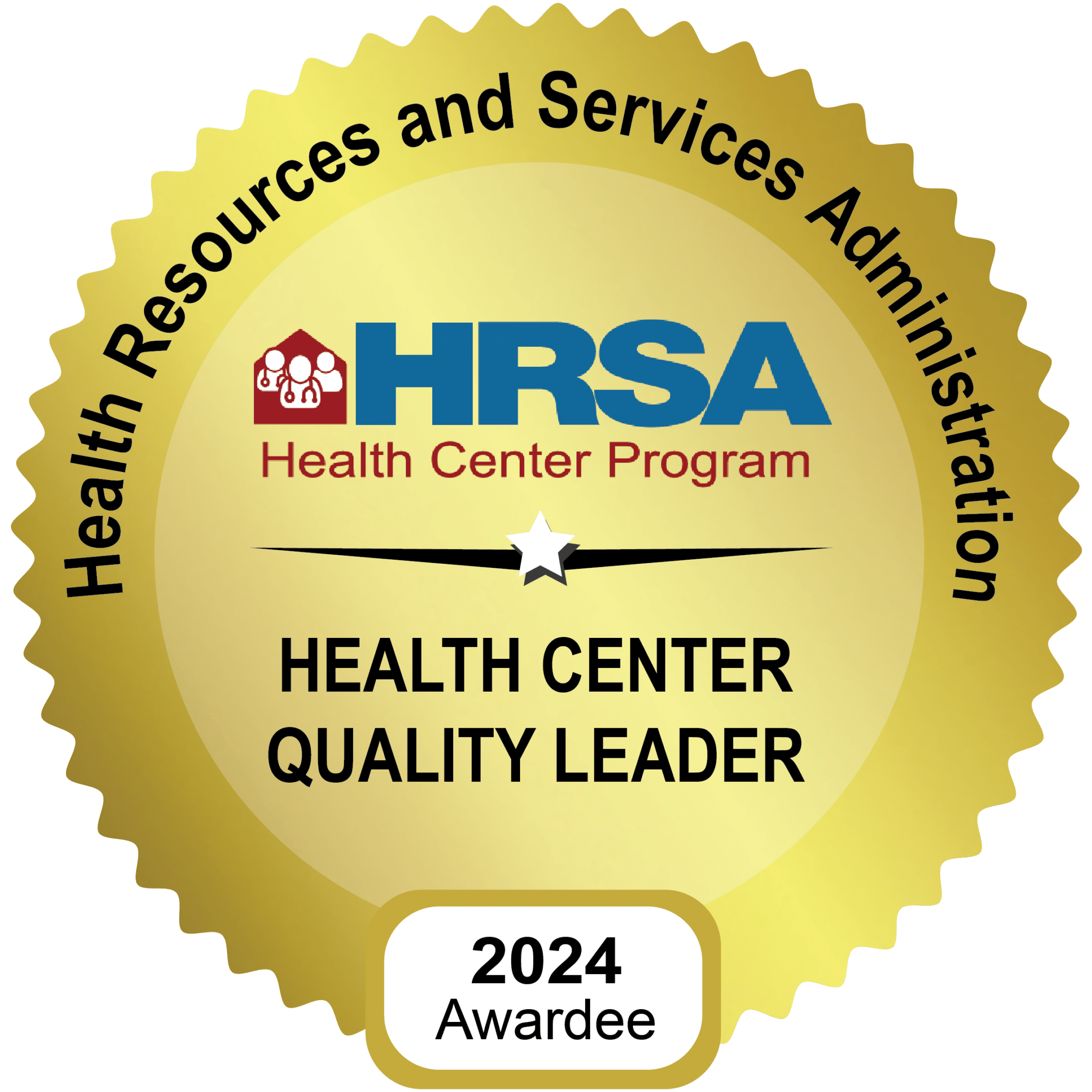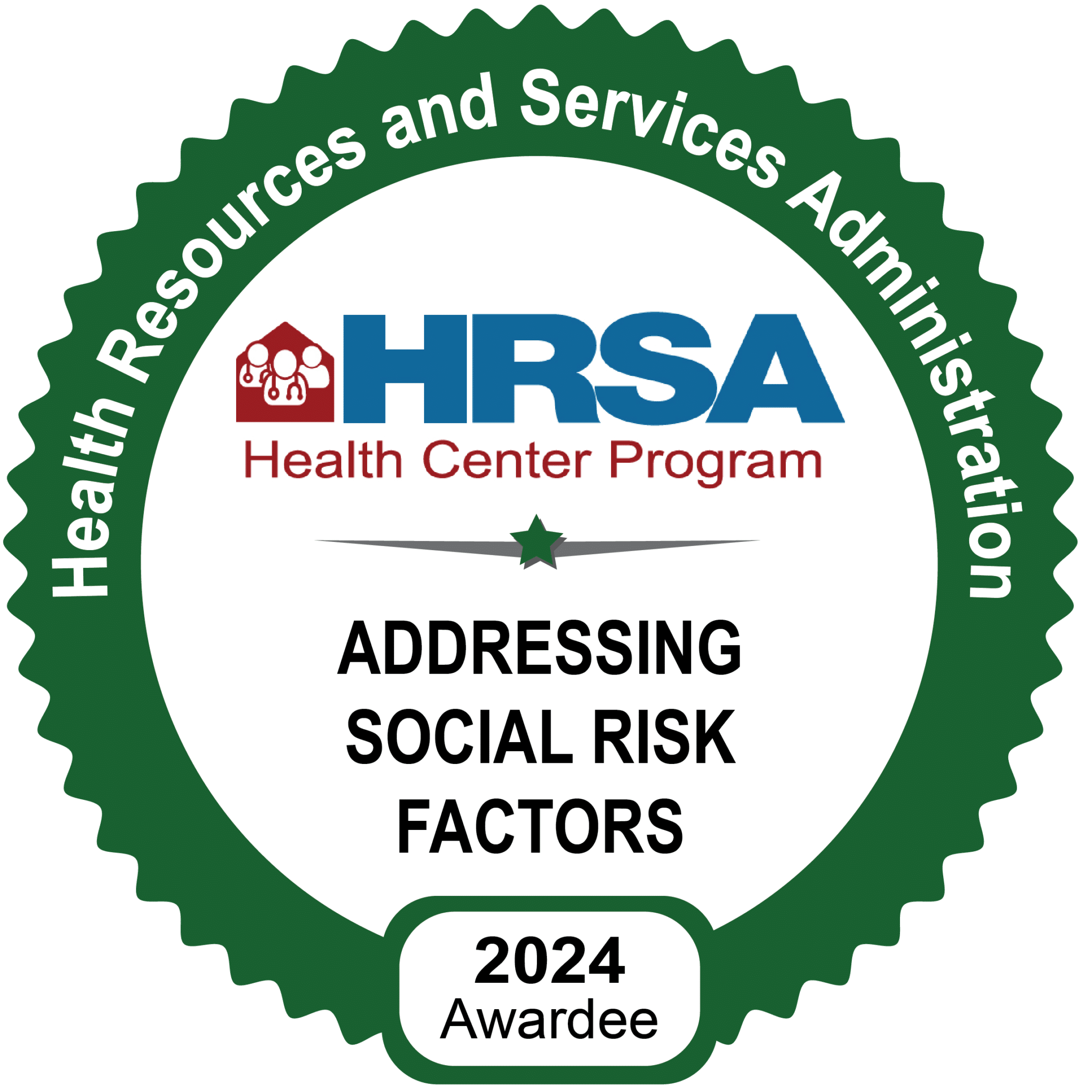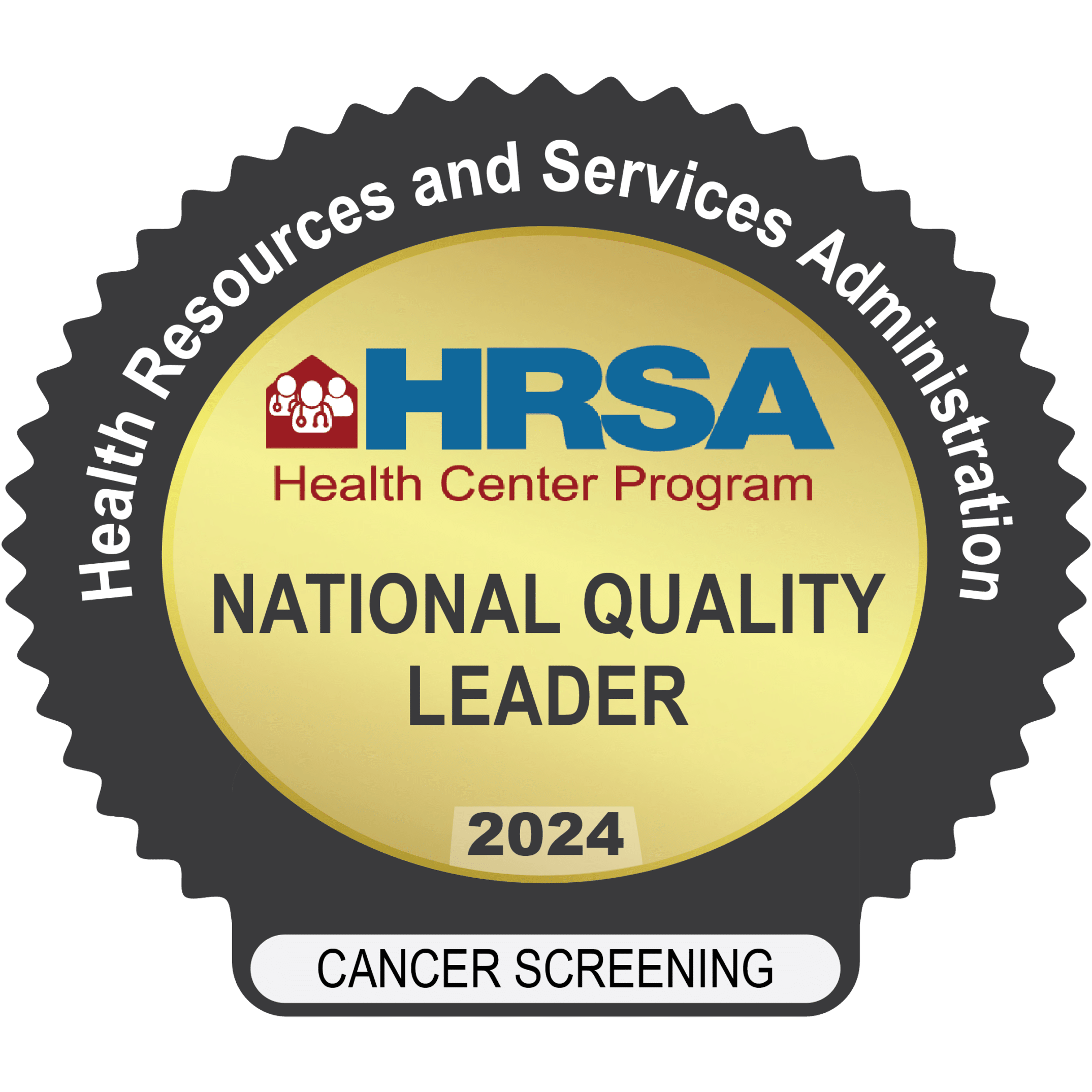Prioritizing your health is one of the most important things you can do for yourself and your loved ones. Routine screenings play a crucial role in detecting potential health issues early, allowing for more effective treatment and better overall outcomes. Whether you’re in your 20s, 40s, or beyond, knowing what screenings you need can help you stay on top of your well-being. Your local OB-GYN and primary care provider can help guide you through the necessary screenings based on your age and risk factors.
In Your 20s: Laying the Foundation for Lifelong Health
Your 20s are a time to establish healthy habits and stay proactive with preventive care. While you may feel healthy, routine screenings are essential for catching any potential concerns early.
- Pap Smear & HPV Test: The American College of Obstetricians and Gynecologists (ACOG) recommends that women begin cervical cancer screenings at age 21 with a Pap smear every three years. By age 25, HPV testing may also be included.
- STI Screenings: Sexually transmitted infections (STIs) can be asymptomatic but have long-term health consequences if untreated. Regular testing is recommended for sexually active women.
- Breast Health: While routine mammograms aren’t necessary yet, self-breast exams and annual clinical breast exams with your local OB-GYN help establish a baseline for breast health.
- Blood Pressure & Cholesterol Checks: Monitoring these early helps detect risks for heart disease and hypertension down the line.
- Mental Health Screening: Stress, anxiety, and depression are common in young adulthood, and mental health screenings can help identify issues early.
In Your 30s: Staying Consistent with Preventive Care
Your 30s are about maintaining the habits you built in your 20s while staying vigilant about new risks.
- Pap Smear & HPV Testing: Women between 30 and 65 should have a Pap smear combined with an HPV test every five years or a Pap smear alone every three years.
- Fertility Assessment: If you are considering pregnancy or struggling to conceive, fertility screenings and hormone testing can provide valuable insights.
- Diabetes Screening: If you have risk factors such as obesity or a family history, routine diabetes testing is important.
- Skin Cancer Check: A yearly dermatology check can help detect early signs of skin cancer, especially if you have a history of sun exposure or tanning bed use.
- Breast Cancer Risk Assessment: Based on personal and family history, your doctor may discuss genetic testing or earlier mammograms if needed.
In Your 40s: Stepping Up Screenings for Early Detection
As your body changes, regular screenings become even more essential for maintaining health and catching potential problems early.
- Mammogram: The U.S. Preventive Services Task Force recommends beginning mammograms at age 40 to detect breast cancer early.
- Colon Cancer Screening: If you have a family history, screening may begin at 45. Otherwise, 50 is the general recommendation.
- Thyroid Function Test: Thyroid imbalances can begin around this age and impact metabolism, energy levels, and overall health.
- Heart Health Check: Women in their 40s should monitor cholesterol, blood pressure, and blood sugar levels to reduce heart disease risks.
- Bone Density Test: If you have risk factors for osteoporosis, such as a family history or previous fractures, your doctor may recommend early screening.
In Your 50s & Beyond: Prioritizing Long-Term Wellness
Entering your 50s means being even more diligent about preventive care. This is the time to ensure longevity and a high quality of life.
- Mammograms (Continued): Annual or biennial mammograms should continue.
- Colonoscopy: If you haven’t already, begin colorectal cancer screening at age 50.
- Bone Density Scan: Osteoporosis risk increases with age, making regular bone scans crucial.
- Hormonal & Menopause Screening: Discuss symptoms of menopause with your local OB-GYN to explore treatments that can ease discomfort.
- Hearing & Vision Tests: Age-related hearing loss and vision issues can be caught early with routine screenings.
Take Control of Your Health This Year
Preventive screenings are key to early detection and better health outcomes. No matter your age, scheduling an annual well-woman visit with your local OB-GYN is a proactive step toward protecting your health. By staying informed and keeping up with regular check-ups, you empower yourself to lead a healthier, longer life.
Teche Health is here to support your health journey with comprehensive women’s health services. Prioritize your well-being this year—schedule your screenings today!




